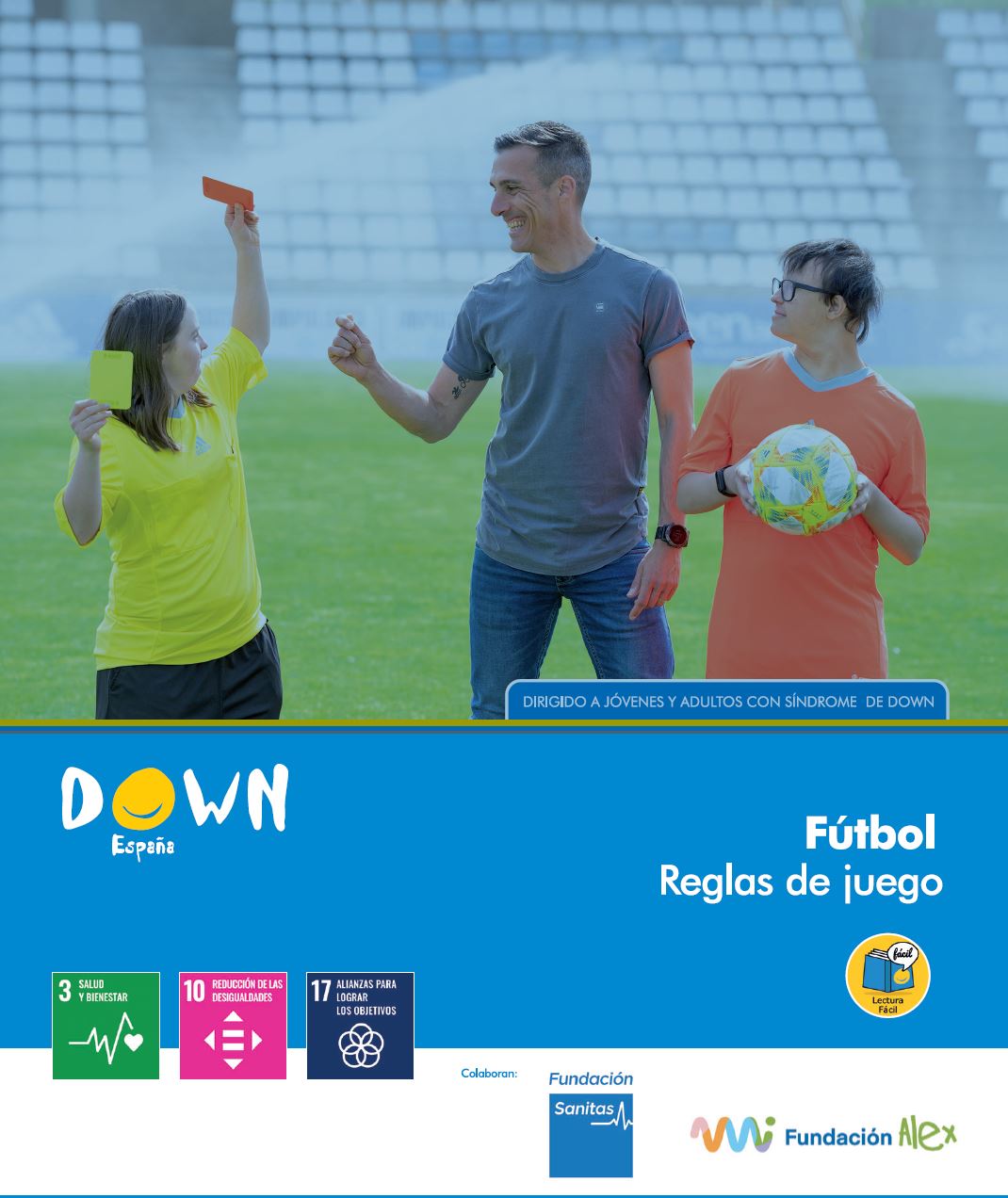Football and Down Syndrome: A Winning Duo!
Football, the most popular sport in the world, has the unique ability to bring together people of all ages, genders, and abilities. For those living with Down syndrome, football not only provides a fun form of exercise but also offers a range of physical, emotional, and social benefits. In this extensive analysis, we will explore in detail how football can enrich the lives of people with Down syndrome and how we can encourage their participation in this exciting sport.
Physical Benefits of Football for People with Down Syndrome
Football is a sport that involves a wide range of movements, from running and jumping to kicking and turning. For people with Down syndrome, engaging in physical activities is crucial for maintaining good health and well-being. By playing football, these individuals can experience:
- Improved motor coordination: Football requires coordination between the feet and eyes, which can help improve fine and gross motor coordination in people with Down syndrome.
- Muscle development: Running, kicking, and making quick movements help strengthen muscles, which can improve physical strength and endurance.
- Increased cardiovascular endurance: Football is an aerobic sport that helps strengthen the heart and lungs, leading to better cardiovascular health.
- Balance improvement: Maintaining balance while running and moving around the field can help improve balance and stability in people with Down syndrome.
Emotional and Social Benefits of Football
In addition to physical benefits, football can also have a positive impact on the emotional and social well-being of people with Down syndrome. By participating in a football team, these individuals can experience:
- Increased self-esteem: By engaging in a sport and improving their skills, people with Down syndrome can develop greater confidence in themselves and their abilities.
- Sense of belonging: Being part of a football team provides people with Down syndrome with a sense of belonging and camaraderie, which can help combat loneliness and isolation.
- Development of social skills: Football provides opportunities to interact with teammates and coaches, which can help improve social and communication skills.
- Learning teamwork: Football teaches the importance of teamwork and collaboration, skills that are essential both on the field and in everyday life.
Encouraging Participation in Football
To ensure that people with Down syndrome have access to football and can enjoy all its benefits, it is important to take steps to encourage their participation. Some strategies include:
- Inclusive football programs: Organizing football programs that are open to people of all abilities and fitness levels, and that provide the necessary support to ensure that all participants feel included and welcome.
- Specialized training: Training coaches and staff to be familiar with the unique needs of people with Down syndrome and to adapt practices and games as needed.
- Access to appropriate facilities: Ensuring that sports facilities are accessible to people with disabilities, with ramps, adapted bathrooms, and other resources that facilitate participation.
- Awareness and education: Promoting awareness and understanding of Down syndrome and the capabilities of those who have it, to create an inclusive and prejudice-free environment in the world of football.
Sharing the Rules of the Game
For those interested in participating in football, it is crucial to understand the rules of the game and how it is played. Fortunately, a variety of resources are available, such as this guide developed by Down España, which provides a detailed guide to the rules of football. This document can be an invaluable tool for coaches, players, and families who wish to learn more about the game and how to participate effectively.
Let’s go, let’s get out on the field, and celebrate the magic of football together!















